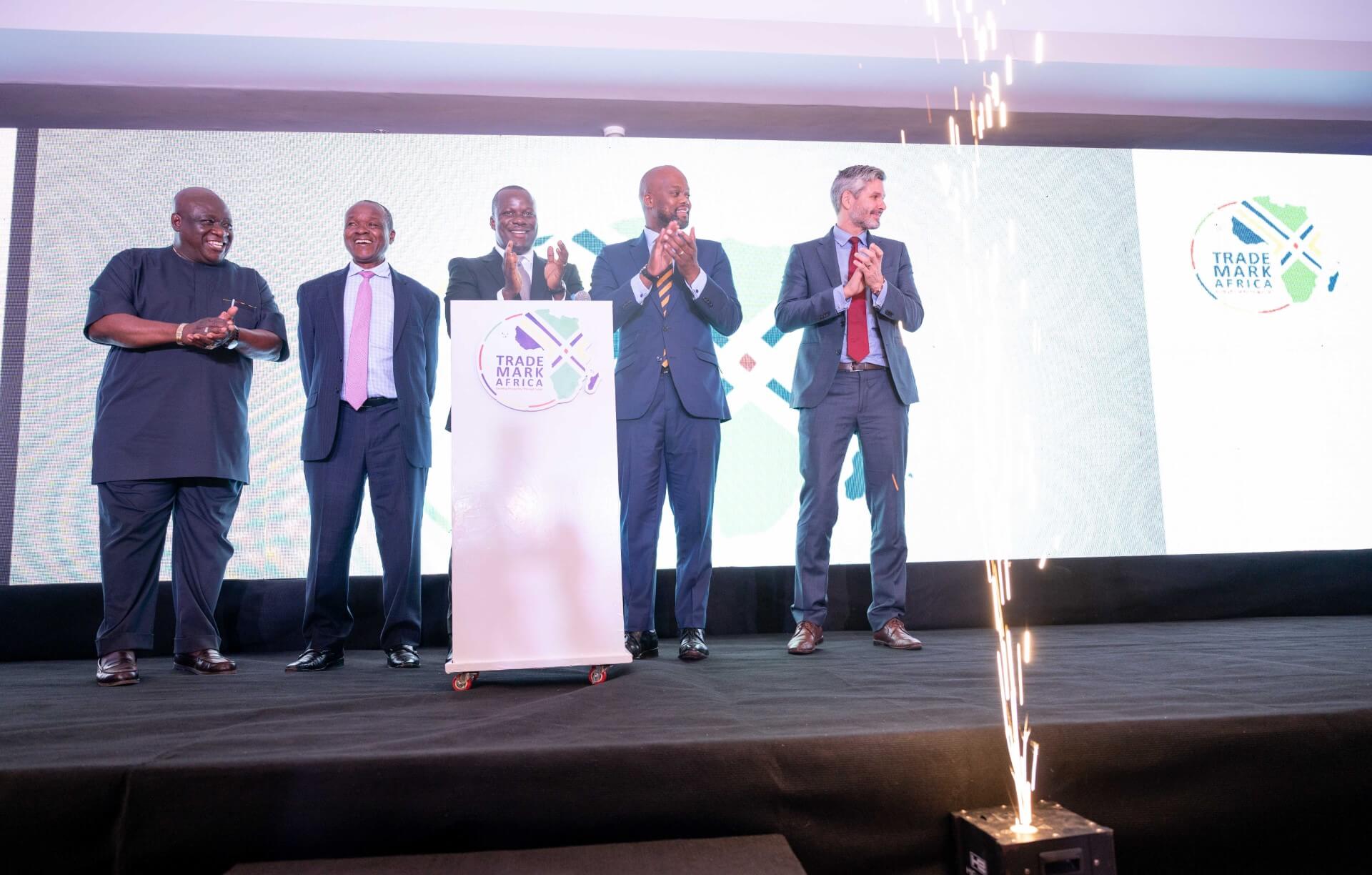Download TMA Annual Report 2021/2022
- Suite of interventions at the Port of Mombasa has over the years reduced cargo clearance time to 3.5 days in 2022 down from 11 days in 2010. TMA has invested upwards of US$88 million at the port to date.
- The cost per kilometre of transporting a 20-foot container from Mombasa to Kampala along the Northern Corridor declined by 41%, from US$2.90/KM in 2010 to US$1.70/KM in 2021
- Interventions at the Nimule/Elegu border between Uganda and South Sudan, reduced cargo clearance time at Nimule (South Sudan) from 4 hours to 7 hours and at Elegu (Uganda) from 60 hours to 1.5 hours between 2013 and 2021.
- Automating key processes and acquiring modern equipment at the Tanzania Bureau of Standards, reduced certification time by 58% from 50 days in 2017 to 21 days in 2022. Time taken for sample analysis decreased from approximately 5.5 hours to 10
Nairobi, 09th March 2023: Leading aid for trade organisation TradeMark Africa -TMA (formerly TradeMark East Africa) has today launched its Annual Report 2021/2022 that highlights significant contributions to reducing trade times and costs in the East, Horn, and Southern Africa region. The report covers thematic trade facilitation areas including physical infrastructure, digital trade systems, improved trade environment and also the financial highlights of the year.
The report is available on the link www.trademarkafrica.com/publications/ and outlines priorities to ensure trade facilitation solves the challenges and seizes the opportunities of the future, not least fostering green trade, and supporting the continent-wide momentum behind the African Continental Free Trade Area (AfCFTA).
In the period under review, TMA continued to register growth on multiple fronts, including launching its subsidiary Trade Catalyst Africa (TCA), which will pilot commercially viable projects for supporting trade infrastructure, both physical and digital, as well as increase access to trade finance for businesses. It will identify, develop, de-risk, invest in, mobilise financing for and manage such projects.
Making his statement in the report, TMA Council Chair Mogens Strunge Larsens, hailed the organisation’s performance amidst the prevailing trying economy, exacerbated by climate
change pressures on the African continent. “A tough global economy underlines the importance both of enhanced intra-African trade, and trade with the rest of the world. For this to happen, the continent must address key infrastructure gaps, improve regulatory environment, and dismantle perennial non-tariff barriers. TradeMark Africa’s model remains a bright beacon marked with success in addressing some of these challenges in its countries of operation.”
In his remarks, TMA Chairman Amb. Erastus Mwencha expressed confidence that the aid for trade organisation has brighter days ahead, as it expands to support more regions across the continent. “Our rebranding to TradeMark Africa seals our preparedness to support the Africa Continental Free Trade Area and its potential to invigorate intra-Africa trade and the continents exports to the rest of the world. We also believe our strategy three which runs from 2023 will guide our interventions for the next six years and will stamp our position as the convenor of trade in Africa.”
TMA Chief Executive Officer David Beer observed that the organisation’s tested trade facilitation model that combines a national and regional focus, will help deliver more intra- African trade, and trade with the rest of the world. “In expanding to new geographies, we hope to be able to apply some of the lessons learned over the years as well as successful approaches that we have developed in our work so far. These are built on serious results – for example, a suite of interventions on the Northern Corridor have helped reduce the time to transport a container from Mombasa to Kampala by almost half – to just over three days. We are also delighted that the bypass around Hargeisa is Somaliland has now been completed, which will significantly reduce transit time from Berbera Port to Ethiopia.”
Other projects that TMA supported in the year include the Mbaraki and Magongo roads in Mombasa Kenya which are close to completion. Improvements at the Port of Dar es Salaam and one stop border posts in Tanzania contributed to a 31% revenue growth by Tanzania Revenue Authority. An export development and promotion project supporting 40 businesses in Rwanda resulted in an increase of over US$600,00 in exports. The Uganda Electronic Single Window Phase II saw ten new ministries and agencies integrated into the system, with the number of transactions processed rising by 64%. An upgrade of the customs management system in the Democratic Republic of Congo is nearing completion and anticipated to enhance customs management. Operationalisation of health and upgrade of customs modules in the Burundi Single Electronic Window resulted in the time needed to process various permits drop by 80%. The Moyale one stop border post between Ethiopia and Kenya reduced dwell time for transit cargo drop by 66%. Support to the Berbera Food Laboratory in Somaliland has enhanced testing of goods and reduced time and cost of compliance.















